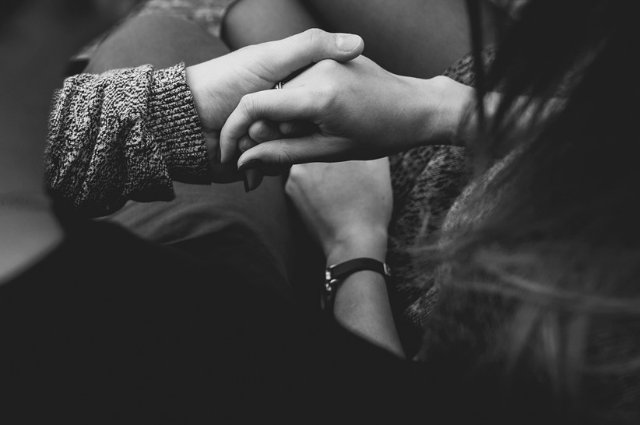
Image by Юрий Урбан from Pixabay
A year after celebrating my first wedding anniversary I lost my affectionate brother-in-law. His demise was the first ever personal loss of my life. I could painfully perceive the void created in the heart and heart of my in-laws. Losing a young boy of 23 in a train accident broke us from within. I can never imagine what kind of shock my mother-in-law must have sustained then and I can never fathom the amount of grief and insecurity she may be dealing with even this day.
Before losing my own elder brother on 3rd April 21, that was the saddest incomprehensible permanently whirling thought in my mind for almost 23 years. My brother’s passing away in the blink of an eye left me like amputated. I am now living with the flow, accepting whatever comes. I cannot now tolerate anything loud, be it music or colour. Though I was never a sound sleeper, now the quality of sleep has deteriorated further. Death consumes us in the strangest way. Due to the pandemic, we are witnessing an avalanche of tragedies. Families have become like torn pieces of fabric. Society has become a canvas of sadness and helplessness. Death brings the departed ones closer to us. The greater is the connect more are they in our thoughts. The more you are involved with the deceased, the bigger vacuum and helplessness is felt by you in your memories and in day-to-day life. You sometimes feel guilty, other times you become angry ironically for the deceased. This eternal truth poses the question of existentialism to the survivors. Near ones are terribly puzzled in finding the meaning of life and when the life partner moves to the other world, the surviving spouse receives the hardest blow. The surviving spouse is hit the hardest. He/she might be financially sound and might have a strong family to support but he/she loses the confidante, loses the permanent listener of a never-ending conversation of life which now becomes a burden. It’s rare to find any relation which can fill the gap created by the loss of a spouse. A married couple gets the feel of all the important relationships, be it of the parents, siblings, friends, and obviously of the romantic companions. The loss of a partner is irreplaceable. The surviving spouse feels vulnerable on various fronts which may lead to physical and mental health issues.
Should the lonely spouse get remarried?
There is no perfect ‘yes’ or perfect ‘no’ for the question. Remarriage is more complicated than the first marriage. It has increased duties and deeper emotional and financial dimensions. Here often the kids are involved, and families of spouses are involved. Before giving another chance to love, laughter, and life, the person should think extensively on the reasons of marriage. The real aim of remarriage should be to make would be partner’s life happy, to heal the wound. There shouldn’t be a hidden selfish agendas of financial security, social security or whatever. If the motive behind the step is pious then they should proceed towards the holy knot otherwise the move will further mess up the lives of their dependants, particularly the children. The road should lead toward smoother rides, not the bumps. If two persons are ready to make up for the losses, the society should come forward and contribute positively. Relatives and neighbours should strengthen the path of connection not confusion. They shouldn't be too judgmental to worsen the chaos. This is the only life you are going to live so live and contribute such that others too can live.
